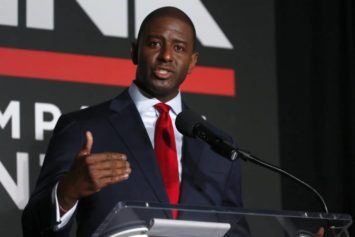In a decision that may severely hamper the Obama administration’s surveillance practices, a federal judge yesterday ruled that the FBI’s use of national security letters is unconstitutional and violates the First Amendment. The ruling would prohibit the FBI using from national security letters to force banks, phone companies and other businesses to release customer information, allowing it to spy on Americans without court approval.
The FBI customarily issued an average of 50,000 such letters a year to businesses, requesting the right to monitor Americans it believed may be endangering national security. But the numbers fell after a 2007 Justice Department inspector general’s report found widespread violations in the FBI’s use of the letters, including demands without proper authorization and information obtained in non-emergency circumstances. In 2011, the FBI made 16,511 national security letter requests for information regarding 7,201 people.
The use of the letters grew out of the Patriot Act passed by Congress after the Sept. 11 attacks. The letters allow the agency to collect sensitive, private information on Americans, such as financial and phone records.
But U.S. District Judge Susan Illston ruled yesterday that the government has failed to show that the letters and the blanket non-disclosure policy, “serve the compelling need of national security,” and the gag order creates “too large a danger that speech is being unnecessarily restricted.”
Illston ordered the FBI to stop issuing the letters, but she put a 90-day hold on her order to give the Justice Department time to pursue an appeal to the 9th U.S. Circuit Court of Appeals. The Justice Department said it is reviewing the decision.
The lawsuit that resulted in yesterday’s decision was filed by the Electronic Frontier Foundation on behalf of an unnamed telecommunications company that received an FBI demand for customer information.
“We are very pleased that the court recognized the fatal constitutional shortcomings of the NSL statute,” EFF lawyer Matt Zimmerman said after the decision. “The government’s gags have truncated the public debate on these controversial surveillance tools. Our client looks forward to the day when it can publicly discuss its experience.”
To obtain a national security letter, an FBI supervisor only needed to certify that the records sought were relevant to an authorized national security investigation. There is no warrant required.
Attorney Michael Sussmann, in reacting to the decision, told the Washington Post that the statute was too ambiguous.
“It’s overused,” he said. “It’s overbroad.”
He said Congress needed to clarify the statute to detail what kind of information can be obtained without court approval.


